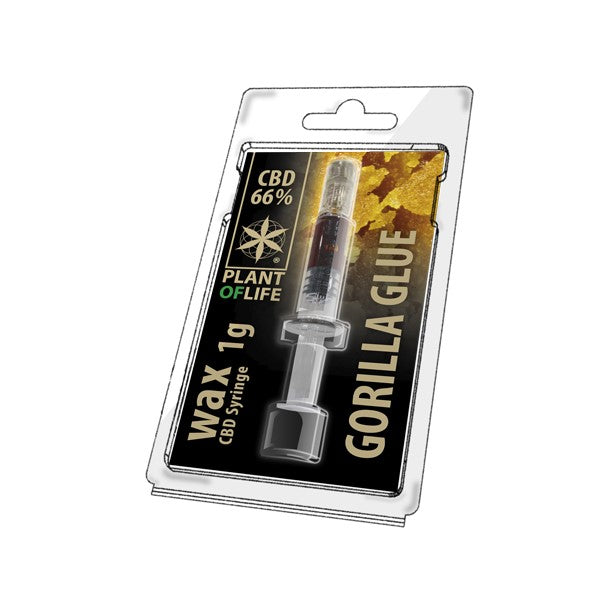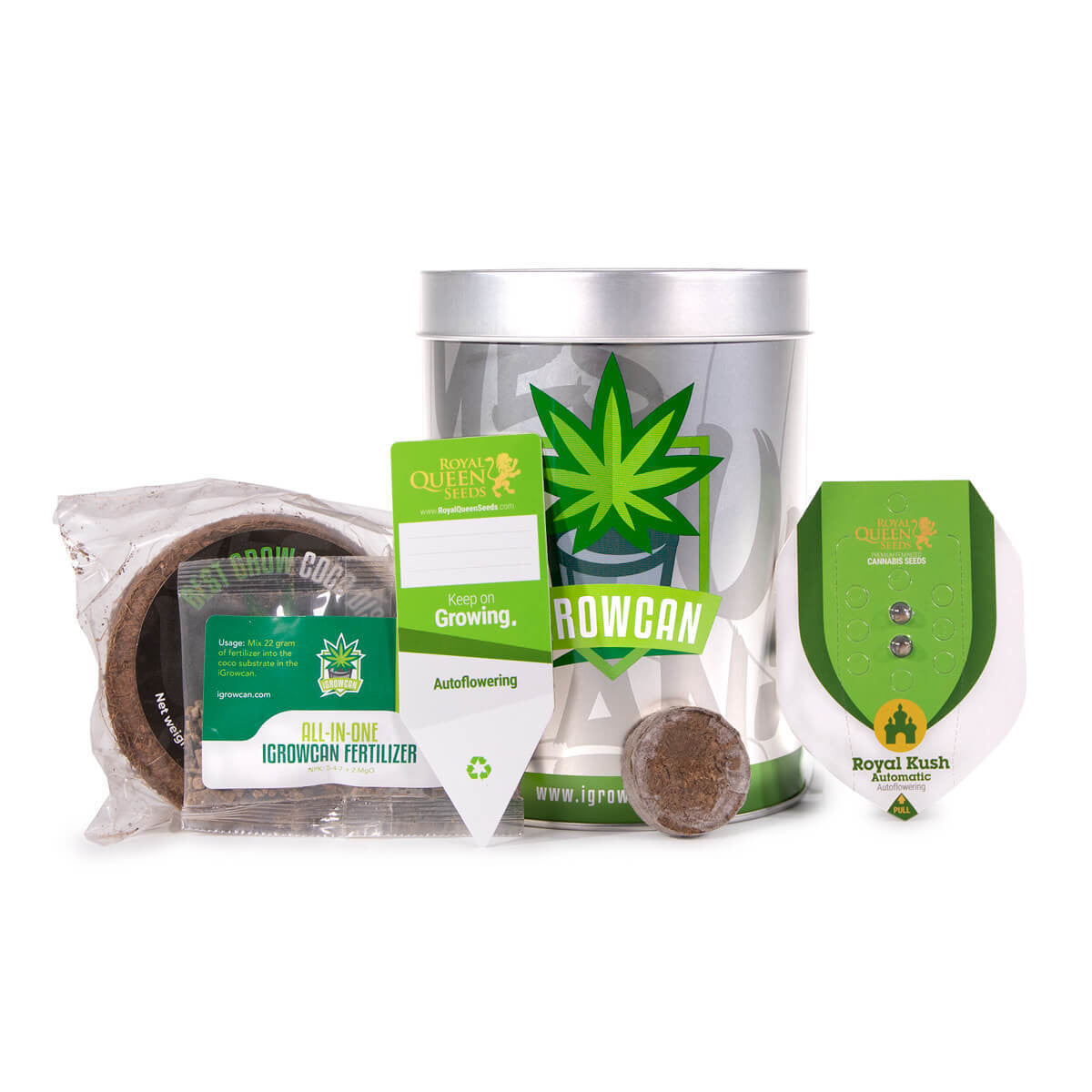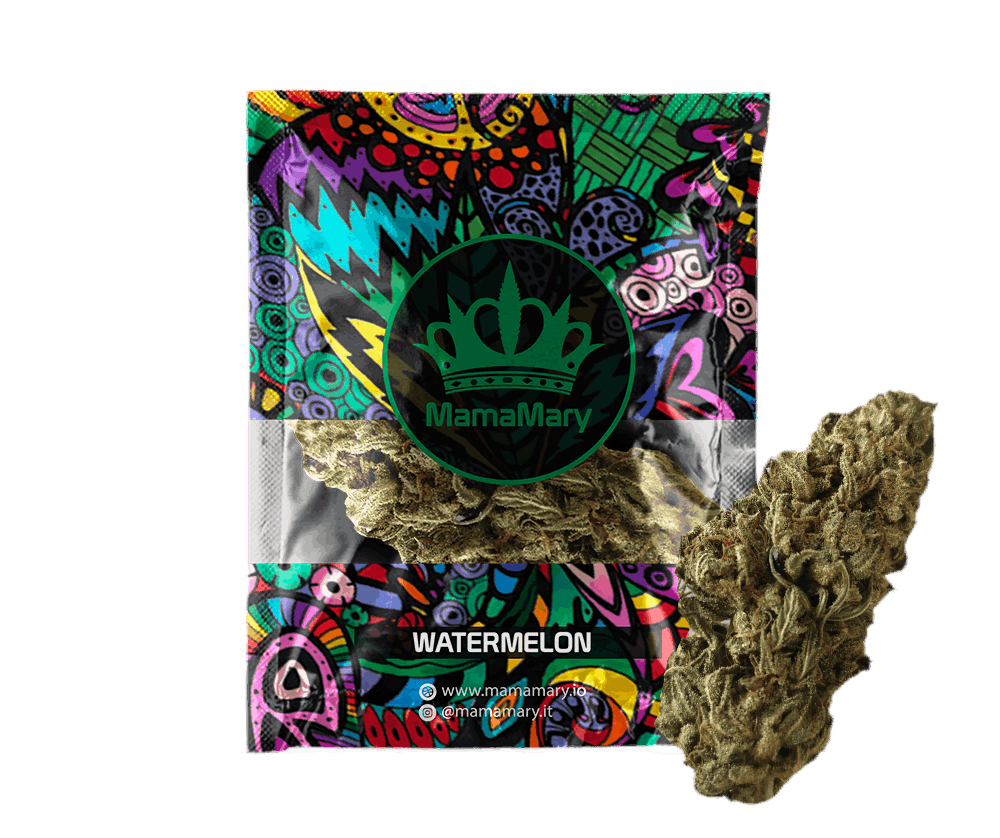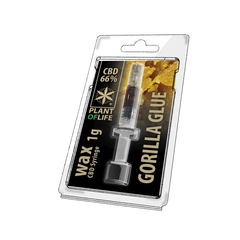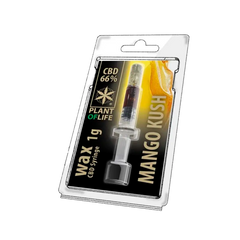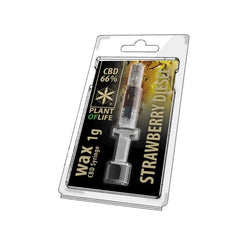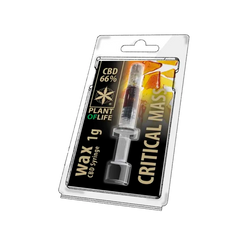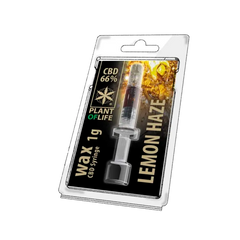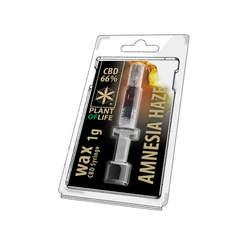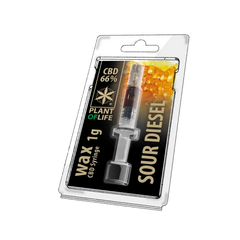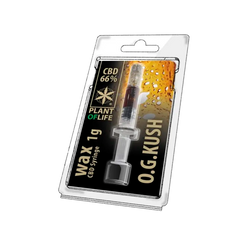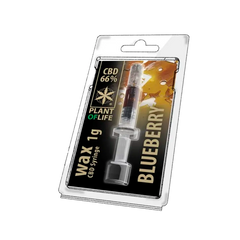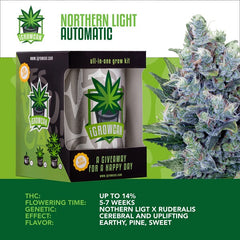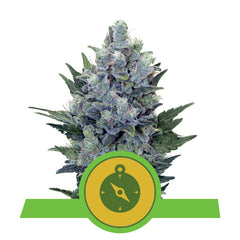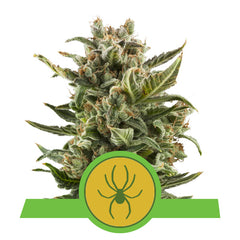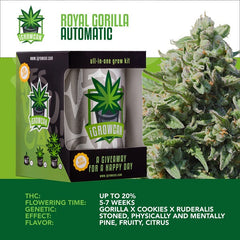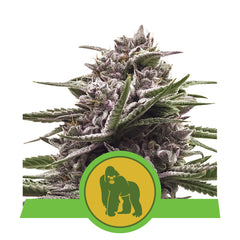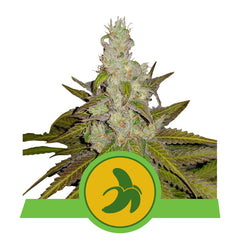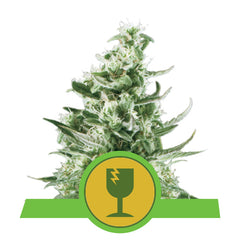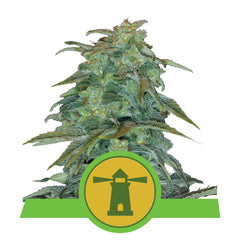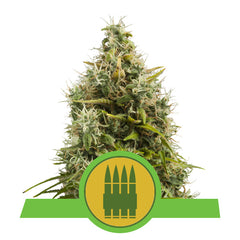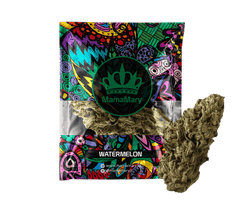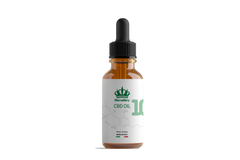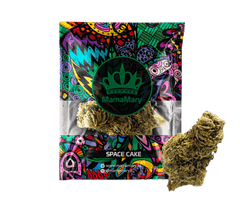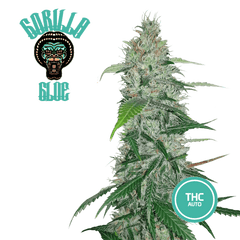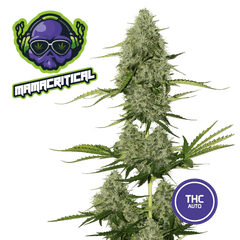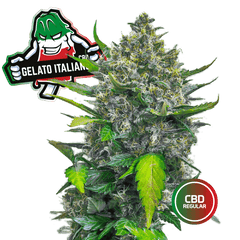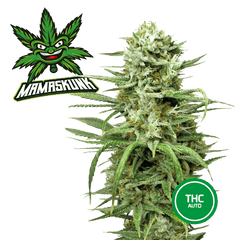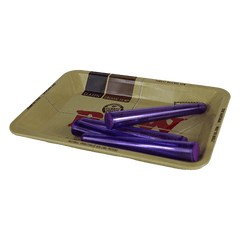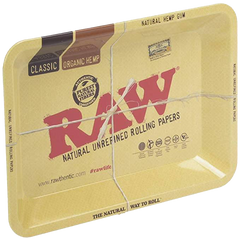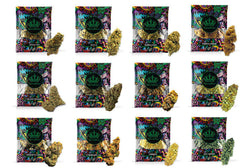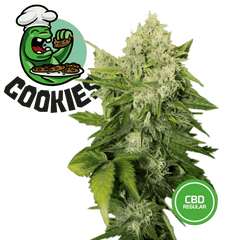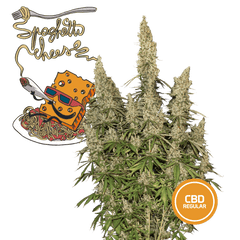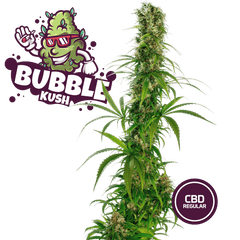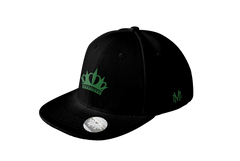As more and more states legalize marijuana, there is growing interest in an extract of cannabis – cannabidiol, also known as CBD .
It is marketed as a compound that can help relieve anxiety and also decrease cramps and pain .
Part of its appeal, at least for people who don't want to get high, is that CBD doesn't have the same narcotic effects as marijuana, as it doesn't contain THC, the psychoactive component of the plant.
“My customers buy CBD to combat stress,” says Richard Ferry, the manager of the Home Grown Apothecary store in Portland, Oregon, where recreational use of marijuana is legal under state law, with some restrictions .
Another reason Ferry has heard from his clients for using CBD is: “The mother-in-law is in town, and they just want to relax!”
“CBD has gotten a lot of attention,” Ferry says, as he shows off a range of products, which include capsules and bottles of CBD oil that are placed under the tongue with a dropper.
By one estimate , the CBD industry has doubled in size in the last two years, and is now worth $200 million. But with its popularity, the hype may have outpaced the science.
“There's a lot of confusion about how [CBD] works and what exactly it does,” Ferry says.
Researchers are now trying to understand the effects of CBD.
“I think there's good evidence to suggest that CBD can be an effective treatment for anxiety and addiction” and other disorders, says Dr. Esther Blessing , a psychiatrist and researcher at New York University. “But we need clinical trials to find out.”
So far, the evidence for anti-anxiety effects comes from animal research and still very limited and relative human studies, which suggest that CBD exhibits anti-inflammatory and anti-anxiety properties .
These preliminary findings piqued Blessing's interest. For example, he points to a 2011 study of a dozen people, some of whom suffered from social anxiety, who were asked to speak in front of large audiences. The researchers compared people's anxiety levels after taking CBD with those of people who received a placebo or nothing. (Participants did not know whether they were given the drug or the placebo.)
And what did scientists discover? “People who took CBD reported significantly less anxiety” than those who took a placebo, Blessing says. “It's really interesting.”
Now, with the findings from the National Institutes of Health, Blessing and a team of collaborators are about to begin a clinical trial to test whether or not CBD can help people with post-traumatic stress disorder, who also have moderate or severe alcohol use.
During the study, 50 participants with PTSD and alcohol use disorder will be given either 400 milligrams of CBD each day, or a placebo. The goal is to see whether participants who take CBD end up drinking less and whether this could lead to an improvement in PTSD symptoms. Participants will be given pharmaceutical-grade CBD, which is more reliable in strength and purity than supplements that are currently available for sale to the public.
Another phase 2 clinical trial (to test efficacy and side effects) is exploring the possibility that CBD may help prevent relapse in opioid users by reducing cravings for the drug. The study is led by Yasmin Hurd , a neuroscientist who directs the Addiction Institute at Mount Sinai School of Medicine.
Hurd is trying to gather other top scientists to study CBD's effects and potential benefits in treating substance abuse .
It would seem counterintuitive that a component of Marijuana could be useful in treating addiction to another drug. But Blessing says using CBD is very different from using marijuana. Even though CBD is extracted from Cannabis, it does not lead to impaired perception and cognition.
“Drugs can be non-psychoactive and still have an effect on the brain,” Blessing says. “CBD has no effects on the brain, but appears to affect it in possibly medicinal ways.”
The results of Blessing's study are a few years late. But in the meantime, in mid-April, a panel of Food and Drug Administration advisors recommended approval of the first pharmaceutical-grade CBD, called Epidiolex , to treat severe seizure disorders in children . This could open the door for further research to approve its use in treating other disorders.
Dr. Robert Carson is a pediatric neurologist at Vanderbilt University who has evaluated the effectiveness of CBD supplements in children with seizures. He says supplements can be beneficial for these children. However, he says, if the FDA follows the advice of its advisors and approves the pharmaceutical-grade CBD drug, it could pave the way for a new treatment option, namely administering a consistent dose of high-quality CBD.
“One of the main limitations I talk to my patients about when using a CBD supplement is that we can't guarantee what's in it,” Carson explains. “We cannot guarantee its consistency.”
Supplements are not as strictly regulated as pharmaceuticals, and can vary greatly from container to container or brand to brand.
And there's another problem facing potential users: Even though CBD supplements are widely available for sale, Marijuana extracts are surrounded by legal obscurity.
Even if you live in a state where marijuana use is legal, the federal Drug Enforcement Administration still classifies CBD extract as a “Schedule 1” substance – the DEA's most restricted category. According to the agency, “Schedule 1 drugs, substances, or chemicals are defined as drugs with no currently accepted medical use and a high potential for abuse.”
Supporters of the use of CBD for medical treatments of illnesses and ailments hope that findings from ongoing studies will help change that thinking about its legal classification – and its potential benefits.


